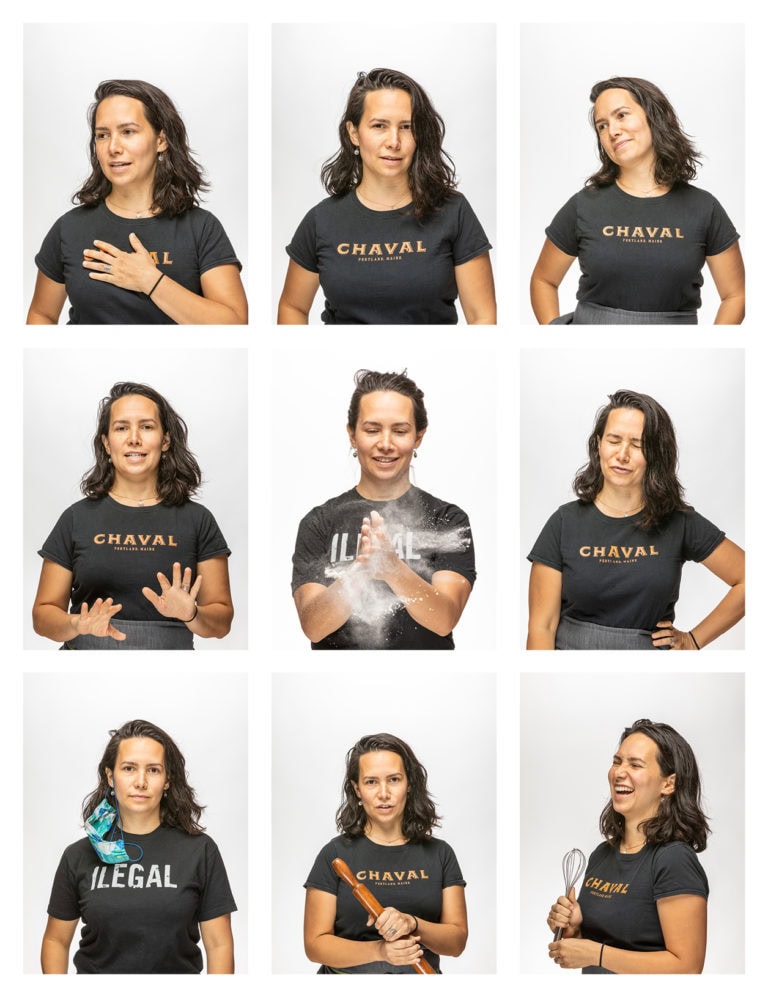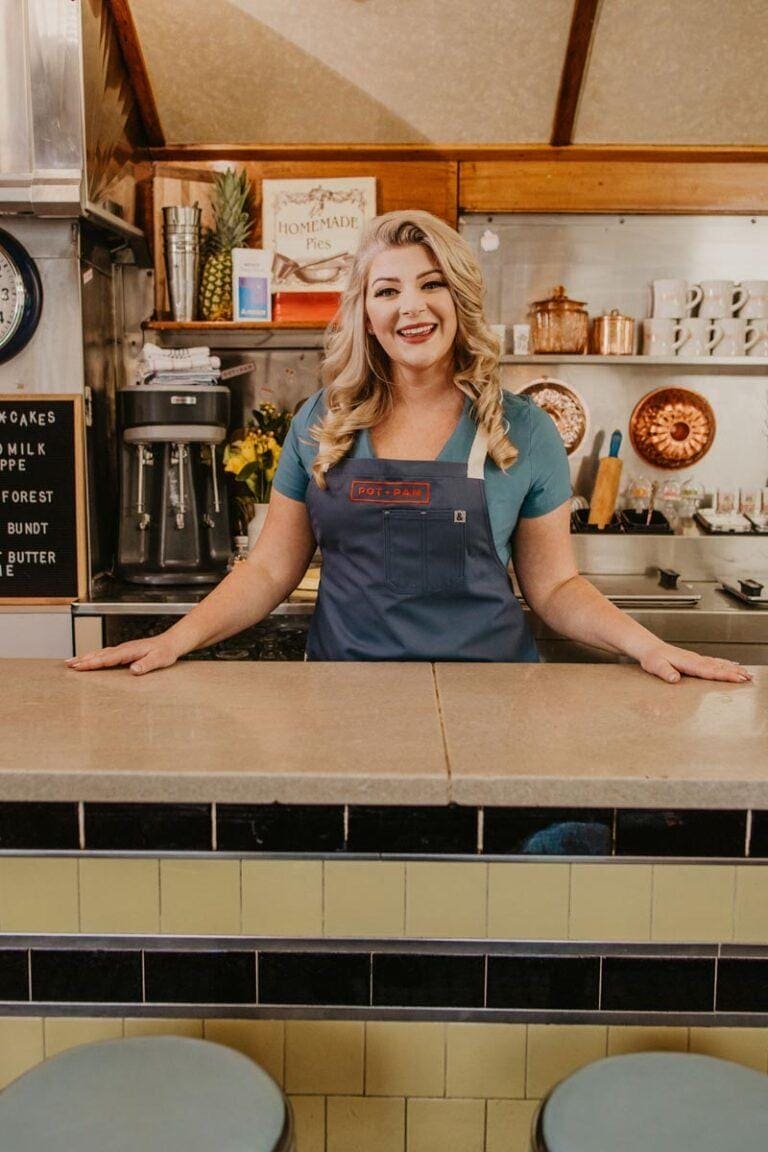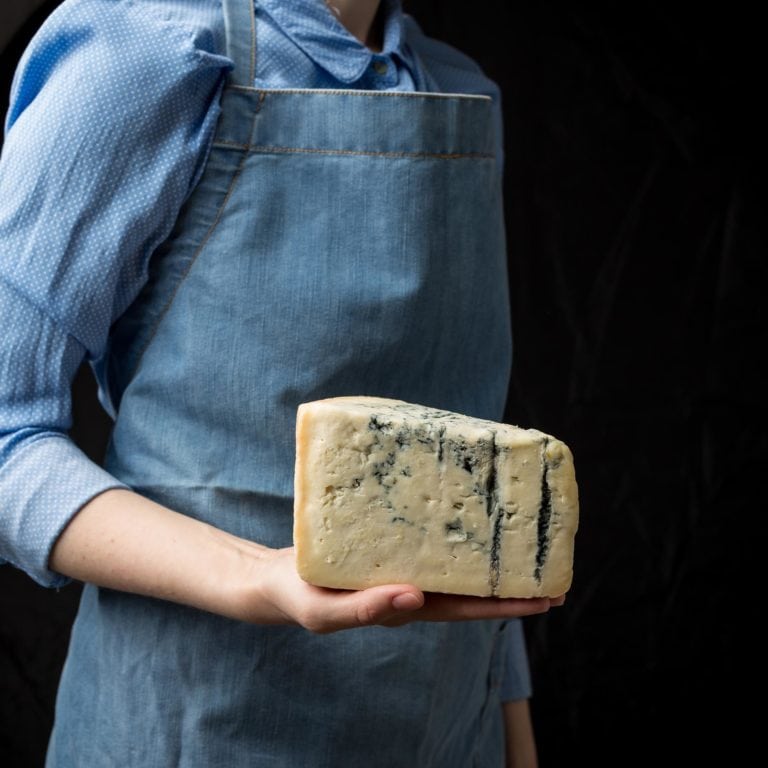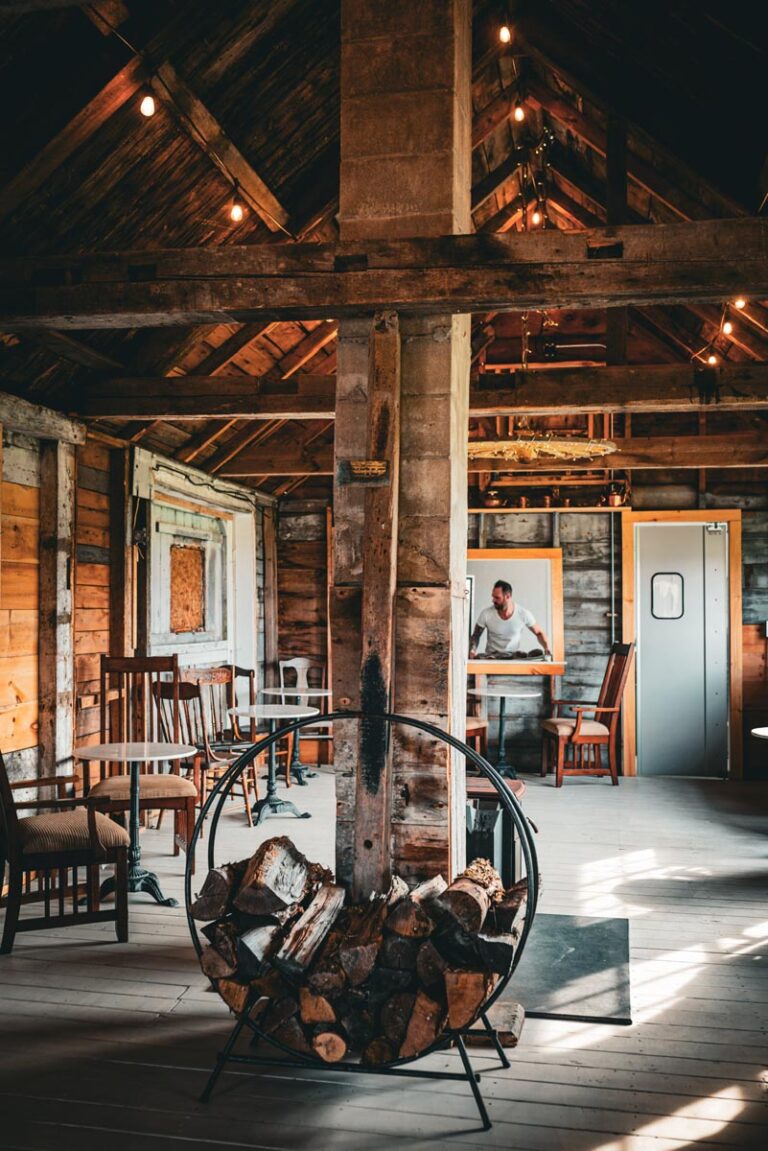As residents of Maine, we often look to our neighbors for inspiration, camaraderie, and a bit of friendly competition. One such neighbor, Boston, has long been a hotspot for culinary enthusiasts, boasting an impressive roster of renowned chefs and restaurants. It’s no secret that Boston’s thriving food scene has been an influential force for us here in the Pine Tree State. However, the recent events surrounding celebrated Boston chef Barbara Lynch have left a bitter taste in our mouths, prompting us to ponder the repercussions of this culinary conundrum.
Barbara Lynch, the culinary maven at the helm of acclaimed Boston eateries like No. 9 Park and Menton, is trapped in a legal battle that threatens to tarnish her once-glistening reputation. Two former employees have filed a class-action lawsuit, accusing Lynch of withholding tips from front-of-house staff during the pandemic. While this drama unfolds just a stone’s throw away from our beloved Maine, it is a stark reminder that state lines do not limit the hospitality industry’s challenges.
As Bon Appetit and The New York Times reported, the lawsuit alleges that Lynch’s restaurant group suspended the restaurants’ tip pools for the duration of the federal Paycheck Protection Plan assistance. Instead, tipped employees were paid a bi-weekly average gross wage, and any customer tips collected during that time were allegedly rerouted to the restaurant group’s weekly food and supply pickups for employees. The plaintiffs argue that this arrangement violated Massachusetts state labor law, which mandates that tips must go wholly to servers and other front-of-house staff who are paid a subminimum wage and rely on tips as part of their basic wage structure.
A legal battle ensues that, if the plaintiffs are successful, could result in all employees working at the restaurants during the alleged labor violation period gaining access to the payout from the lawsuit. In a statement reminiscent of a modern-day Robin Hood, Lou Saban, one of the plaintiffs’ lawyers, asserted, “The point of this suit is to make sure that the tips earned by employees go to the only place they are legally allowed to go: the employees.”
As Maine residents, we may be mere bystanders in this saga, but the impact of these revelations reaches beyond the borders of Massachusetts. It serves as a cautionary tale for the hospitality industry, reminding us all to watch the fine line between surviving a pandemic and maintaining the ethical standards that have always been at the core of our beloved Maine culinary culture.













